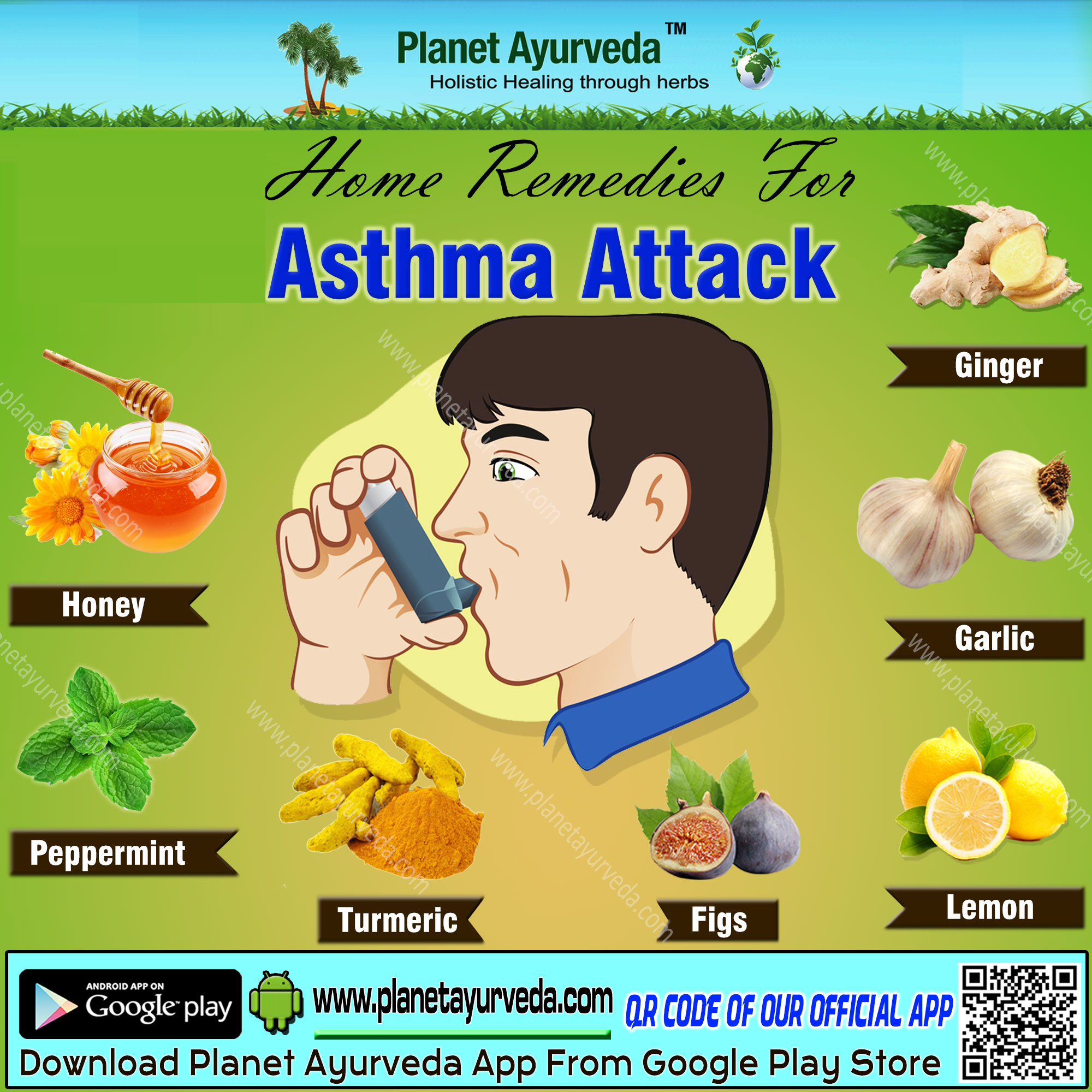Asthma Remedies : Common and Home Remedies for Asthma

Common Asthma Remedies
Inhalers
Inhalers are the most common and effective way to manage asthma symptoms. They work by delivering medication directly to the lungs, which helps to open up the airways and reduce inflammation. Inhalers can be either a quick-relief inhaler or a long-term controller inhaler, depending on the severity of the asthma.
Nebulizers
Nebulizers are another way to deliver medication directly to the lungs. They work by turning liquid medication into a fine mist that can be inhaled through a mask or mouthpiece. Nebulizers are often used for children or people who have difficulty using an inhaler.
Allergy Shots
If asthma is triggered by allergies, allergy shots can help reduce the severity of asthma symptoms. They work by gradually exposing the body to small amounts of the allergen, which can help build up immunity over time.
Dietary Changes
Certain foods and food additives can trigger asthma symptoms in some people. Making dietary changes such as avoiding processed foods, reducing sugar intake, and increasing intake of fruits and vegetables can help manage symptoms.
Home Remedies for Asthma
Breathing Exercises
Deep breathing and other breathing exercises can help reduce the severity of asthma symptoms. They work by strengthening the lungs and reducing stress, which can trigger asthma attacks.
Eucalyptus Oil
Eucalyptus oil is a natural decongestant that can help open up the airways and reduce inflammation. It can be added to a diffuser or applied topically to the chest.
Ginger
Ginger has anti-inflammatory properties that can help reduce inflammation in the airways. It can be consumed as a tea or added to meals.
Honey
Honey has been shown to have anti-inflammatory and antioxidant properties that can help reduce asthma symptoms. It can be consumed as a natural sweetener or added to tea.
Advantages and Disadvantages of Asthma Remedies
| Remedy | Advantages | Disadvantages |
|---|---|---|
| Inhalers | Effective at managing symptoms, easy to use | Can cause side effects such as shaking or increased heart rate |
| Nebulizers | Effective for children or people who have difficulty using an inhaler | Can be time-consuming to use |
| Allergy Shots | Can help reduce severity of asthma symptoms if triggered by allergies | Can take several months to see results |
| Breathing Exercises | Can help reduce stress and improve lung function | May not be effective for severe asthma |
FAQ
1. Can asthma be cured?
No, asthma is a chronic disease and there is no cure. However, there are many remedies and treatments that can help manage the symptoms and improve overall quality of life.
2. What triggers asthma?
Asthma can be triggered by a variety of factors including allergens, exercise, stress, cold air, and respiratory infections.
3. Can diet affect asthma?
Yes, certain foods and food additives can trigger asthma symptoms in some people. Making dietary changes such as avoiding processed foods, reducing sugar intake, and increasing intake of fruits and vegetables can help manage symptoms.
4. What is the best remedy for asthma?
The best remedy for asthma varies depending on the individual and the severity of the asthma. Inhalers are the most common and effective way to manage asthma symptoms, but other remedies such as nebulizers, allergy shots, breathing exercises, and natural remedies like eucalyptus oil and ginger can also be effective.
In conclusion, while there is no cure for asthma, there are many remedies and treatments that can help manage the symptoms and improve overall quality of life. It's important to work with a healthcare provider to find the best treatment plan for your individual needs. With proper management, asthma can be controlled and people with asthma can lead full and active lives.
